Newsletter
Don't miss a thing!
We regularly provide you with the most important news, articles, topics, projects and ideas for One World – No Hunger.
Newsletter
Don't miss a thing!
We regularly provide you with the most important news, articles, topics, projects and ideas for One World – No Hunger.
Please also refer to our data protection declaration.
In the tropics rainforests are still being felled for the production of palm oil, meat and furniture. It is high time to act. Proposals are on the table.

Two years ago Ségolène Royal, the French Environment Minister, hit the headlines when she called for a boycott of Nutella because it contained palm oil. However, the joy at the media coverage was short-lived, as the very next day the Minister backed down: in Ferrero she had targeted precisely a company which is at least working hard for transparency and responsible oil palm cultivation. If the French had taken the call for a boycott seriously and widened it to include all products made with this vegetable oil, the supermarket shelves would have been largely bare. These days one in four products contains the tropical oil. They include not just chocolate creams, but also packet soups, ready-made pizzas, lipsticks and washing powder.
That means that we all consume palm oil every day – whether we want to or not.
The problem is that oil palms only grow in tropical regions. Large tracts of rainforest are destroyed for the plantations. This means that our consumption of sweets, fast food and cosmetics is partly responsible for deforestation in the countries of the global South, especially Indonesia and Malaysia. These two countries have lost huge areas of rainforest, with Indonesia losing a total of five million hectares just between 2000 and 2010. With the loss of the forest comes the disappearance of many creatures that live there. Thirty per cent of these forest clearances are attributable to palm oil. Owing to logging and the destruction of peatlands, Indonesia is now the third largest emitter of carbon dioxide in the world, immediately behind the USA and China.
Nevertheless, a boycott of chocolate spreads in Europe has little point. That is because oil palms are very productive, averaging yields of 3.3 tonnes per hectare. If palm oil were to be replaced by other fats the ecological consequences would probably be even more drastic. In the case of chocolate spreads, coconut oil is a viable substitute. Coconut palms grow in similar conditions and in similar regions to oil palms, but produce far lower yields. Rapeseed, coconut and sunflower yield only around 0.7 tonnes of oil per hectare, and soya even less. If a combination of coconut, soya, sunflower and rapeseed oil were used as a substitute, we would need around an extra 1.4 million hectares of farmland. That would also be mainly at the expense of the rainforest.
The growing demand for meat represents a further threat to forests and other natural landscapes.
Therefore, for the most part, giving up using palm oil and simply using other fats just creates a different problem. Moreover, palm oil is not the only product closely linked to deforestation. The growing demand for meat represents a further threat to forests and other natural landscapes. Forests are felled for gigantic herds of cattle. The expanding soya fields in Latin America also exacerbate the problem: the vast majority of this protein crop ends up in the feeding troughs of cattle, pigs or poultry. And, beside palm oil and soya, the rainforest is also being cleared to grow rubber, coffee and cocoa.
In the last fifty years more than half of the tropical rainforest has been destroyed like this. According to estimates by the FAO, around 7.6 million hectares of forest – an area the size of Bavaria – are still being razed every year. The pressure on the remaining primary forests will increase still further in future, owing to the rising world population, the adaptation of global consumption patterns to those of industrial countries and the profligate use of resources. Altogether, agriculture is responsible for up to eighty per cent of forest loss worldwide. Tropical forests suffer particularly badly from the increasing expansion of cropland.
Millions of people depend on the forest for their survival.
Protecting the forests is one of the great global challenges. Not only are natural paradises with a uniquely high biodiversity of flora and fauna lost with the forests, but the clear-felling also has direct consequences for the people living there. Sources of food and income, and even whole habitats disappear. Millions of people depend on the forest for their survival. Furthermore, the destruction of the forests is a significant driver of climate change. The greenhouse gases released by logging are responsible for 15 per cent of annual global emissions.
It is time to halt this development. If we are really going to protect the environment and the climate better, we need a global plan.
Palm oil supply chains are complex. Production extends across several countries and involves a lot of people. Sustainable and fair production is a tall order. A key starting point is trade. Consumer goods and the agricultural commodities used in them are often part of global supply chains. This is where WWF and the German Federal Ministry for Economic Cooperation and Development (BMZ) come in, with their joint project for deforestation-free supply chains.
The goal is sustainable, deforestation-free supply chains.
In order for there to be real change, all those involved in a supply chain need to be included and educated: governments, companies and consumers. The goal is sustainable, deforestation-free supply chains, by which we mean the cultivation of raw materials, and the processing and sale of products for which no precious forests or other ecosystems such as savannas have been cleared or destroyed.
A fundamental precondition for deforestation-free supply chains is a reliable legal framework in the producing countries. Too often forest conservation laws are inadequately formulated or cannot really be enforced. Producing countries must be given support to establish and manage protected areas. Within a designated area no more trees should be felled within a certain time frame than can be replanted. At the same time governments must reconcile the various interests and aspirations: nature conservation, secure livelihoods for local people and resource-efficient agriculture. That is no easy task. All stakeholders need to be involved in this process. With international programmes and financial support, they can make forest management and conservation measures attractive to countries with large areas of forest.
Importing countries have a responsibility, too, not just the countries supplying the raw material. Import conditions such as duties and import bans on commodities which are produced through illegal clearances can combat global deforestation. The EU already has a system of this sort for wood. The import of all raw materials into the European Union must therefore gradually be coupled to compliance with sustainability criteria. The first link in the chain is the EU’s free trade agreement with Indonesia and Malaysia. Trade should promote sustainability and not undermine it. It should go without saying: fair trade rather than free trade.
Consumers should opt for products from companies that promote sustainable cultivation through their transparent procurement practices.
Another key task is raising awareness among consumers and explaining how what they buy can reduce deforestation. Through their choice of purchases consumers should help to boost the sales of products from companies that promote sustainable cultivation and fair production through their transparent procurement policies. However, sometimes identifying these products is not that easy: there are too many different logos. The online portal www.siegelklarheit.de offers some help by showing what each of the logos means. The German authorities should lead by example: Germany needs mandatory environmental and social sustainability standards for public sector procurement.
However, as yet not all sustainability standards and logos prescribe such transparent and exacting criteria that no more precious forests or other ecosystems may be cleared for cultivation. These standards must undergo further rigorous development in collaboration with the companies and civil society. An effective system for monitoring compliance with a deforestation-free supply chain needs to be established and implemented.
Many globally operating companies have committed to sourcing only raw materials for which there has been no new forest clearance. It is crucial that companies now implement their commitment quickly and transparently. In five years’ time the only goods produced by global companies available on the German market should come from verifiable, sustainable, deforestation-free supply chains. The good news is that German food manufacturers and some foreign companies represented on the German market have taken the lead and kick-started the process. According to OVID, the German oilseed-processing industry association, more than 50 per cent of the palm oil used in foods is already certified sustainable. In contrast, the proportion of palm oil worldwide with the same certification is just 18 per cent.
We are heading in the right direction and the goal is worth the effort: to preserve the basis of our existence.
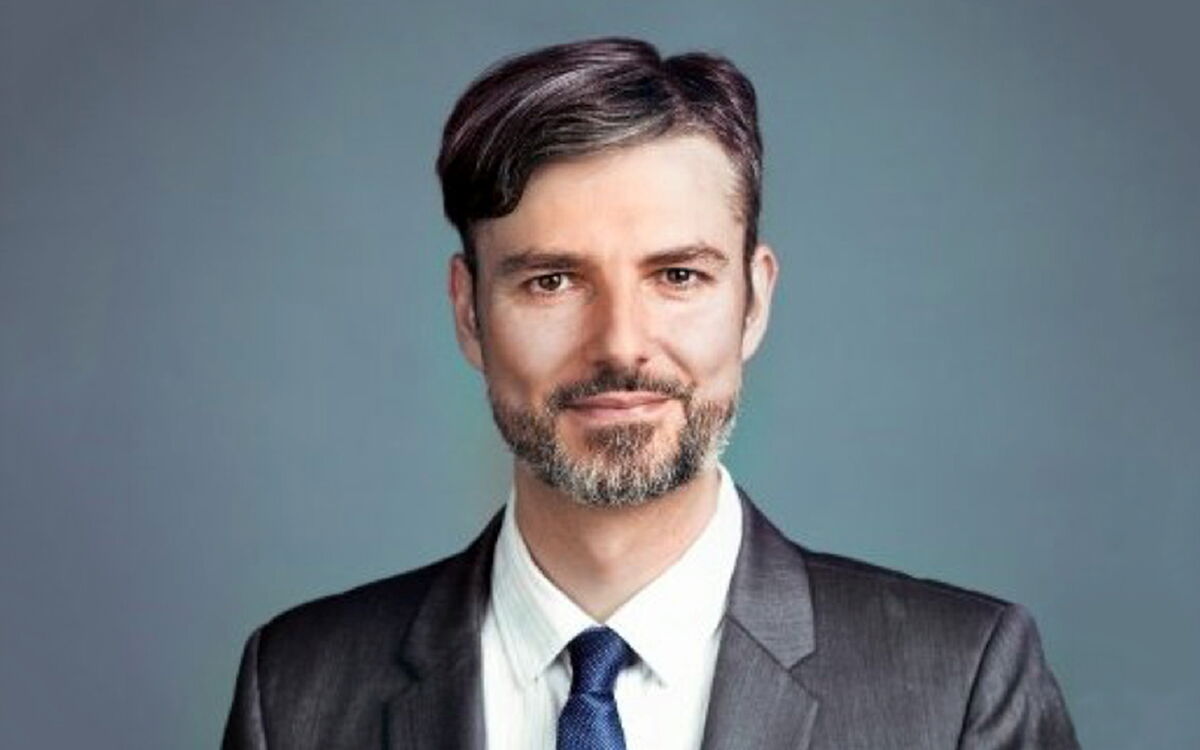

Read more Is the international community still on track in the fight against hunger?


Read more Video diaries in the days of Corona: Voices from the ground

Read more The hype about urban gardening: farmers or hobby gardeners?
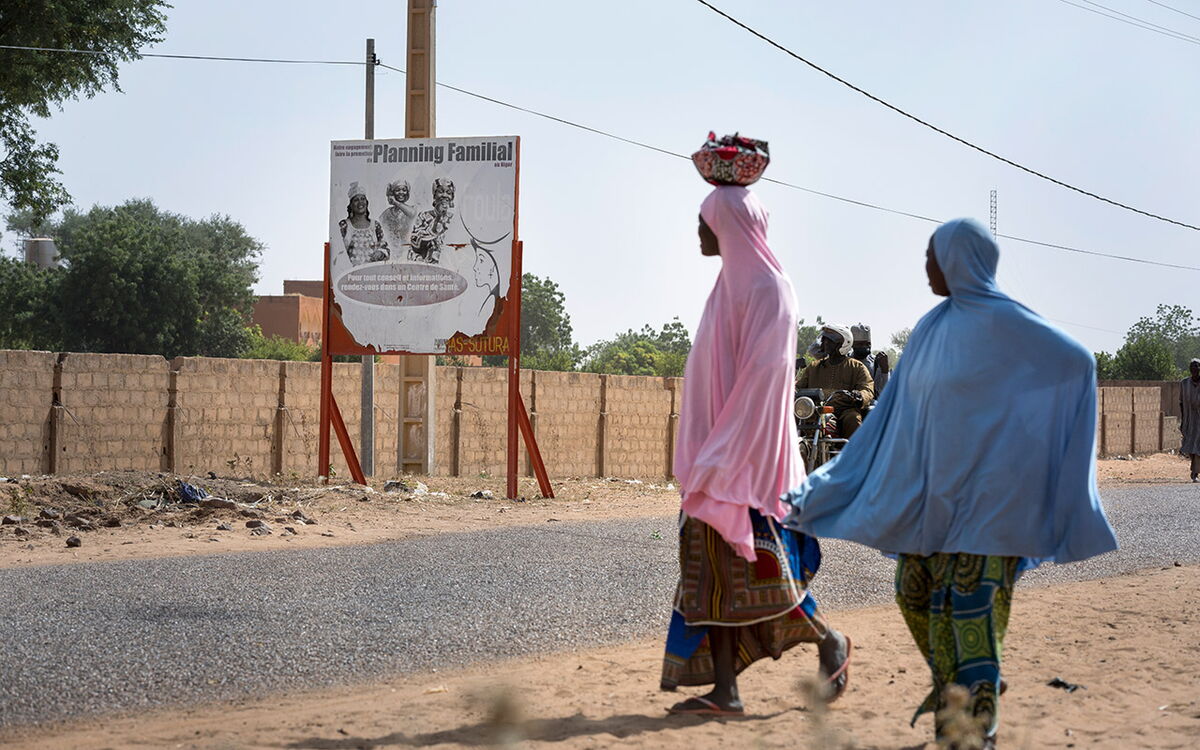

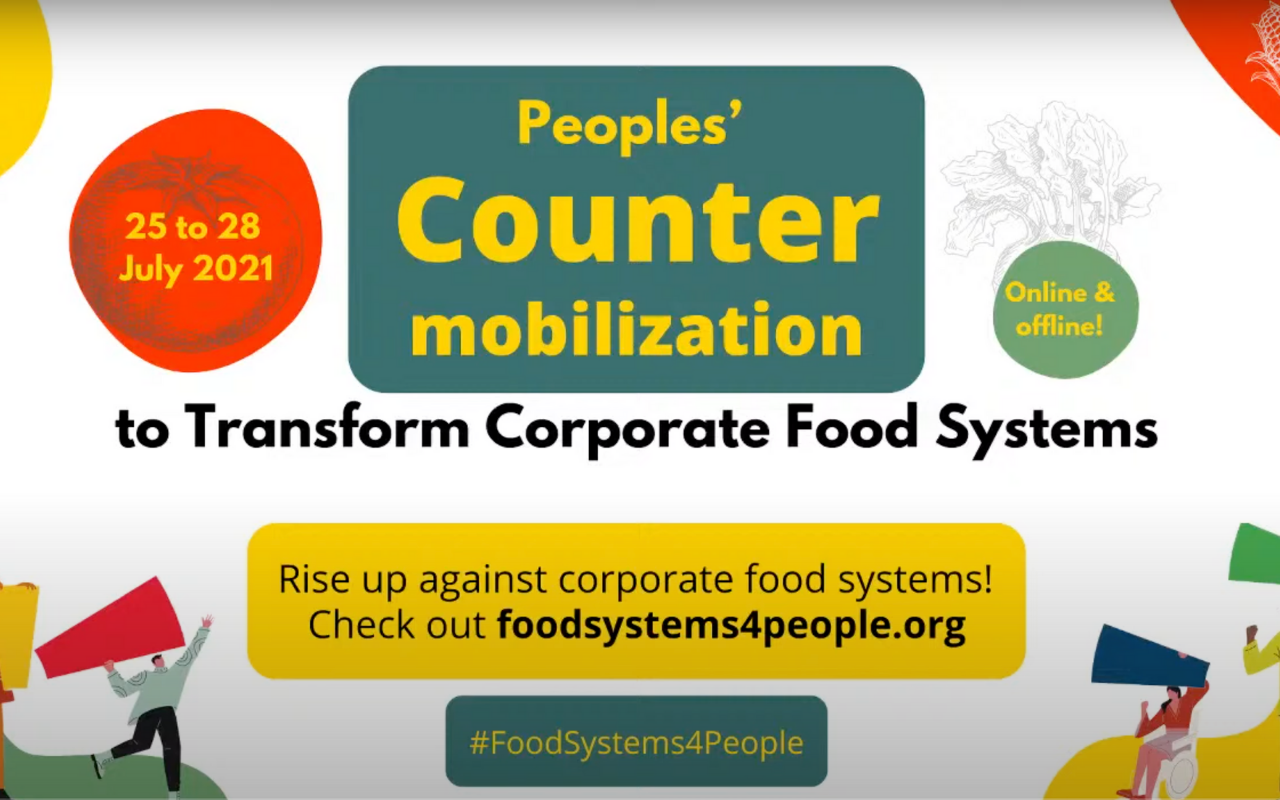
Read more Mr. Marí, what happened at the alternative summit?

Read more How can the private sector prevent food loss and waste?

Read more From lost products to safe food - Innovations from Zambia
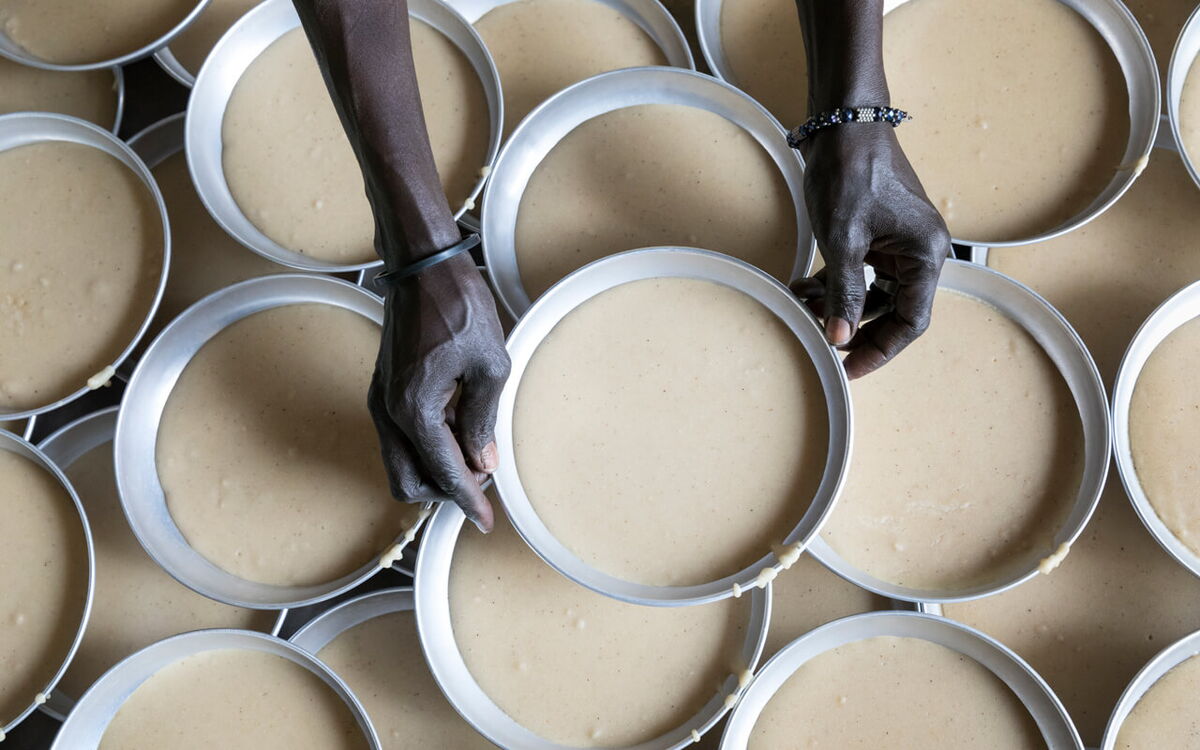
Read more A Climate of Hunger: How the Climate Crisis Fuels the Hunger
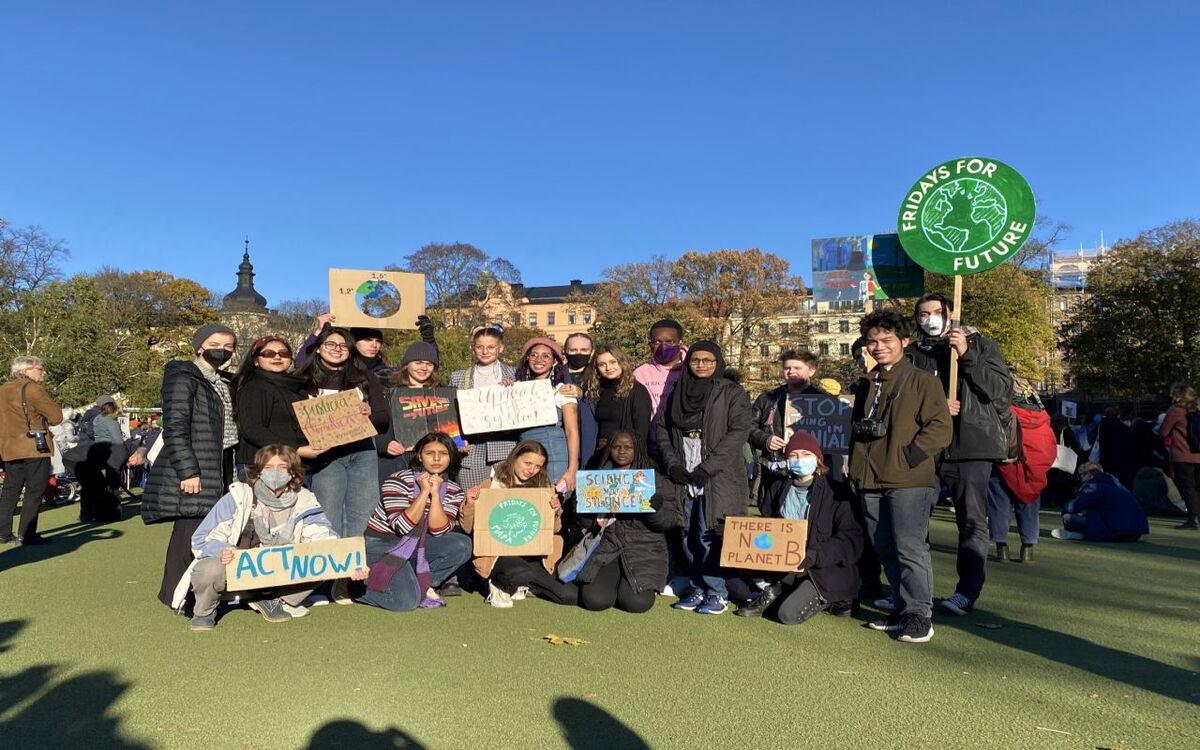
Read more ‘None of the Three Traffic Light Coalition Parties is Close to the Paris Agreement’

Read more Social justice and climate justice: Fair Vibe at the Youth Climate Conference

Read more Mozambique: How informal workers find jobs through an app

Read more Stepping into the future: How youth organisations are driving change

Read more "We have high expectations of the Kampala Declaration"
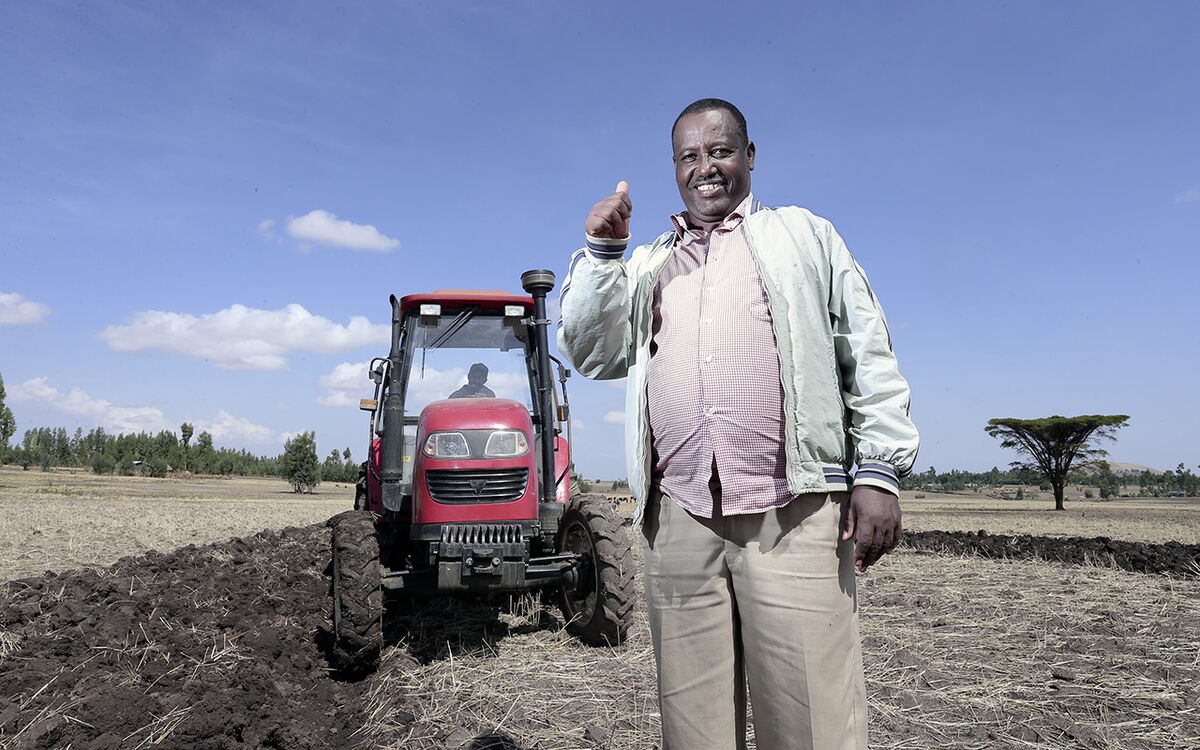
Read more How much private investment is the agricultural sector able to bear?

Read more Reference values: A building block on the road to social equality

Read more From start to finish: a vision of interconnectivity

Read more Ms Rudloff, what are the benefits of a supply chain law?

Read more Freed from trade? Towards a fairer EU Trade Agenda

Read more Developing countries hit doubly hard by coronavirus

Read more Statement from GAFSP Co-Chairs: GAFSP and COVID-19 Pandemic
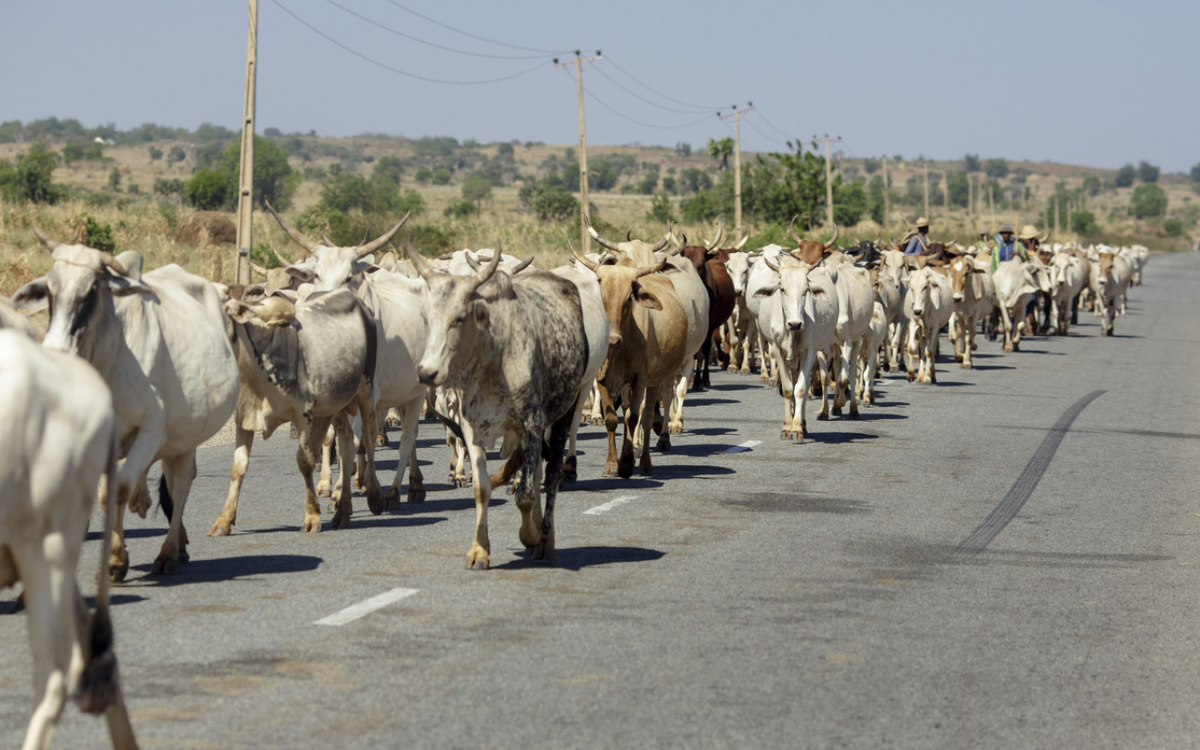
Read more Our Food Systems are in Urgent Need of Crisis-Proofing: what needs to be done

Read more 2022, a year of crisis – What does it mean for African trade and food security?

Read more COVID-19 and Rising Food Prices: What’s Really Happening?
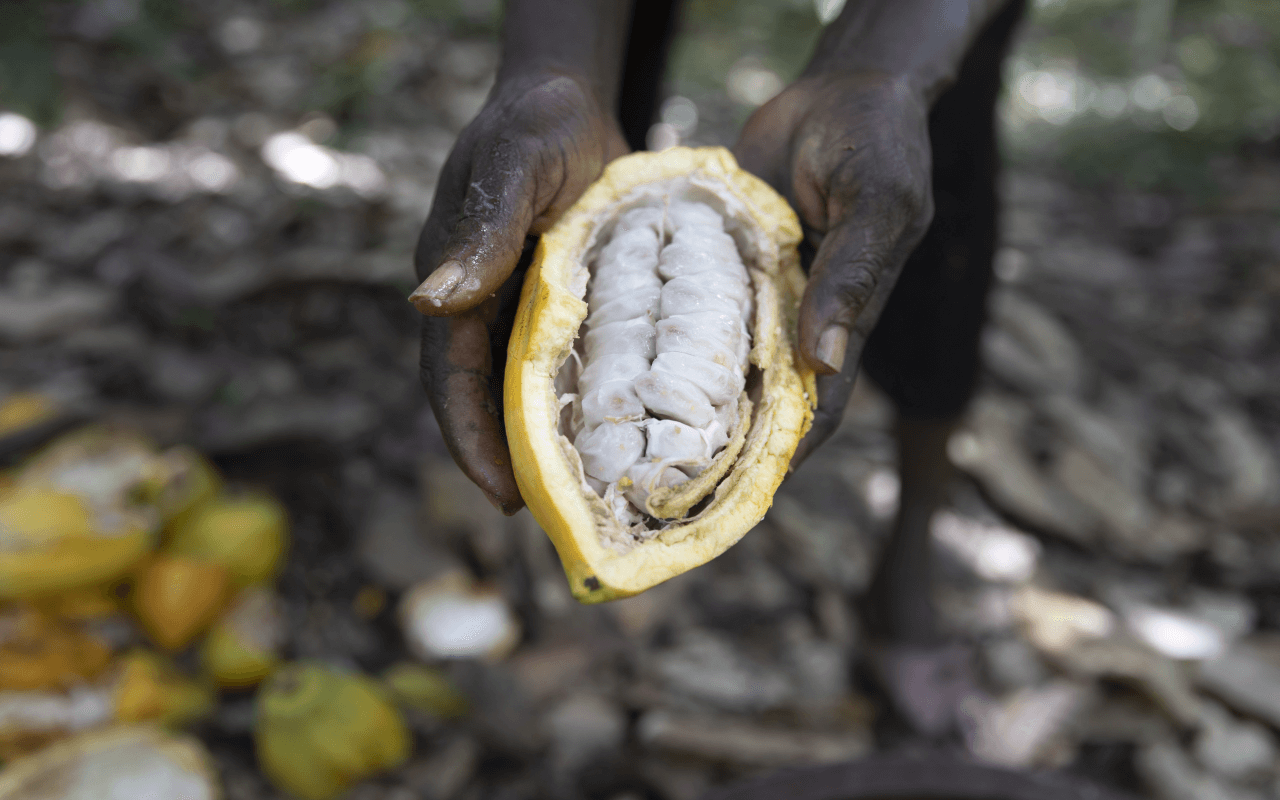
Read more Côte d’Ivoire: Sweet Temptation without a Bitter Taste

Read more Fair Trade and Climate Justice: Everything is Conntected

Read more Controversy: Do supply chains need liability rules?

Read more Agricultural prices and food security – a complex relationship

Read more Working with Informality: Unlocking Community-Led Solutions Towards Zero Hunger

Read more From the Tree to the Street: The Story of Natural Rubber
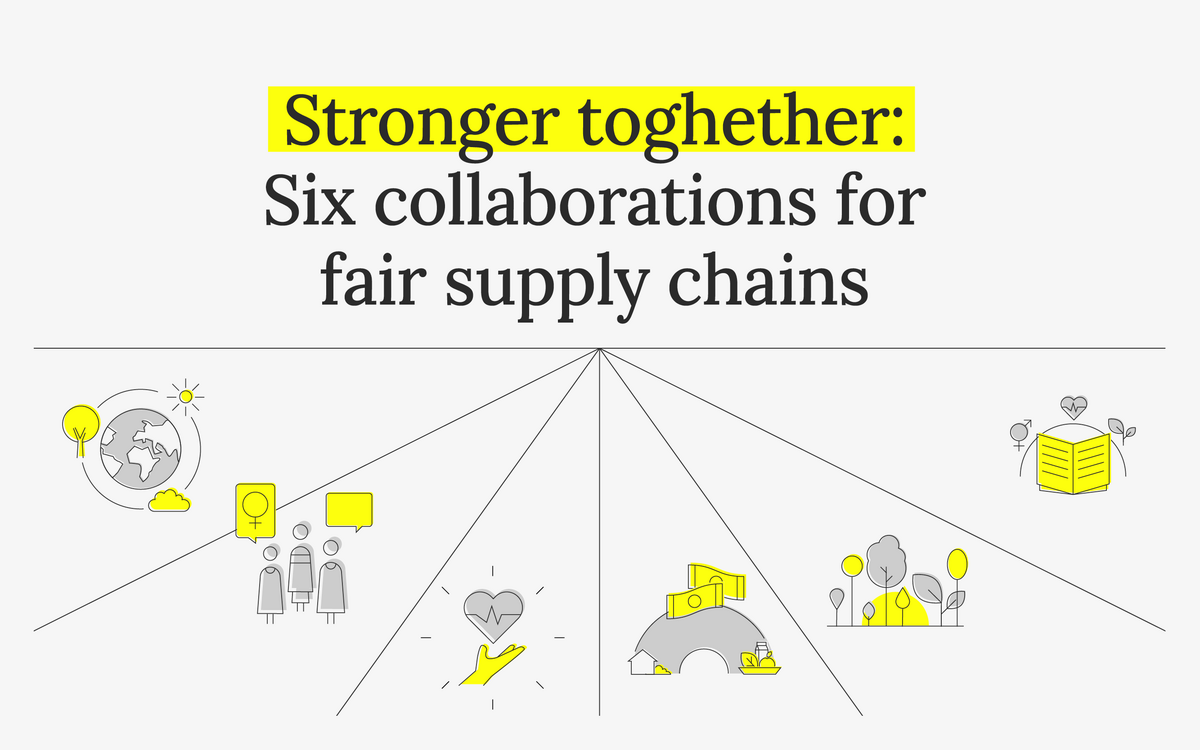
Read more Stronger toghether: Six collaborations for fair agricultural supply chains
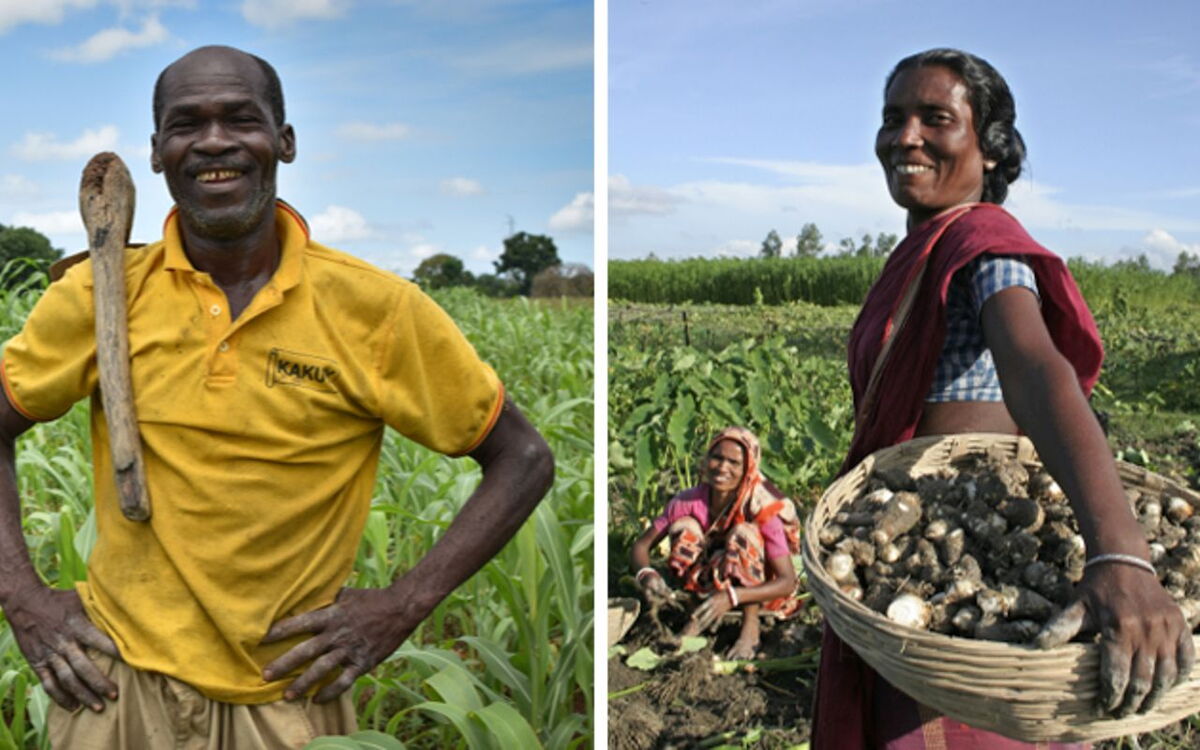
Read more Ideas on the ground: Local solutions for global challenges
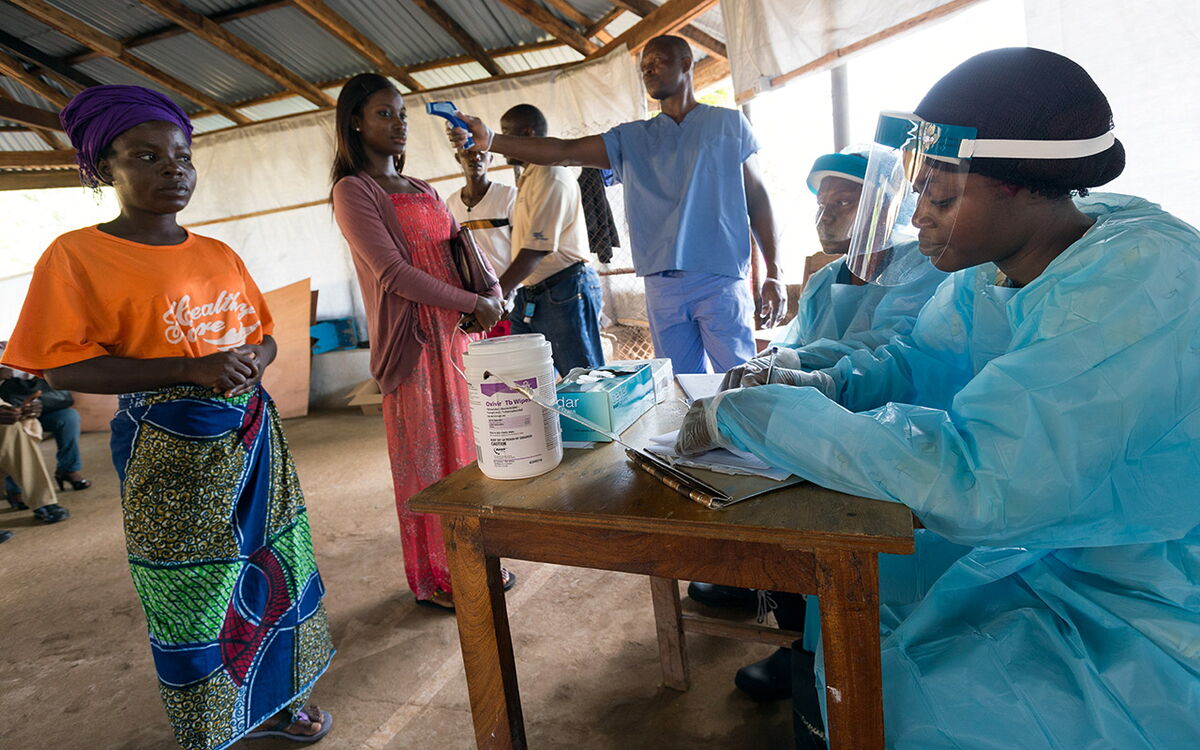
Read more “Corona exposes the weaknesses of our nutritional systems"

Read more Ebay Against Hunger - How an App Supports Crop Sale of Rural Small Holders in Zambia


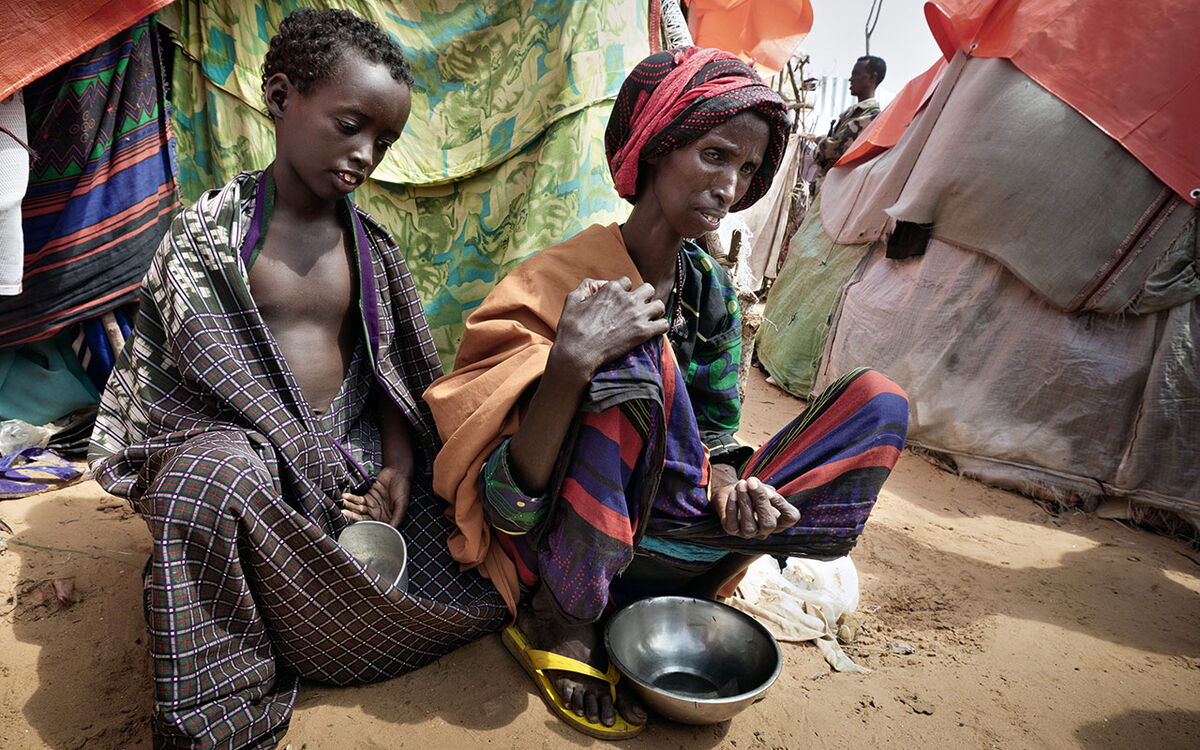
Read more Global responsibility: Tackling hunger is the only way forward

Read more Sustainable Artisanal Fisheries and Aquaculture in Rural Areas
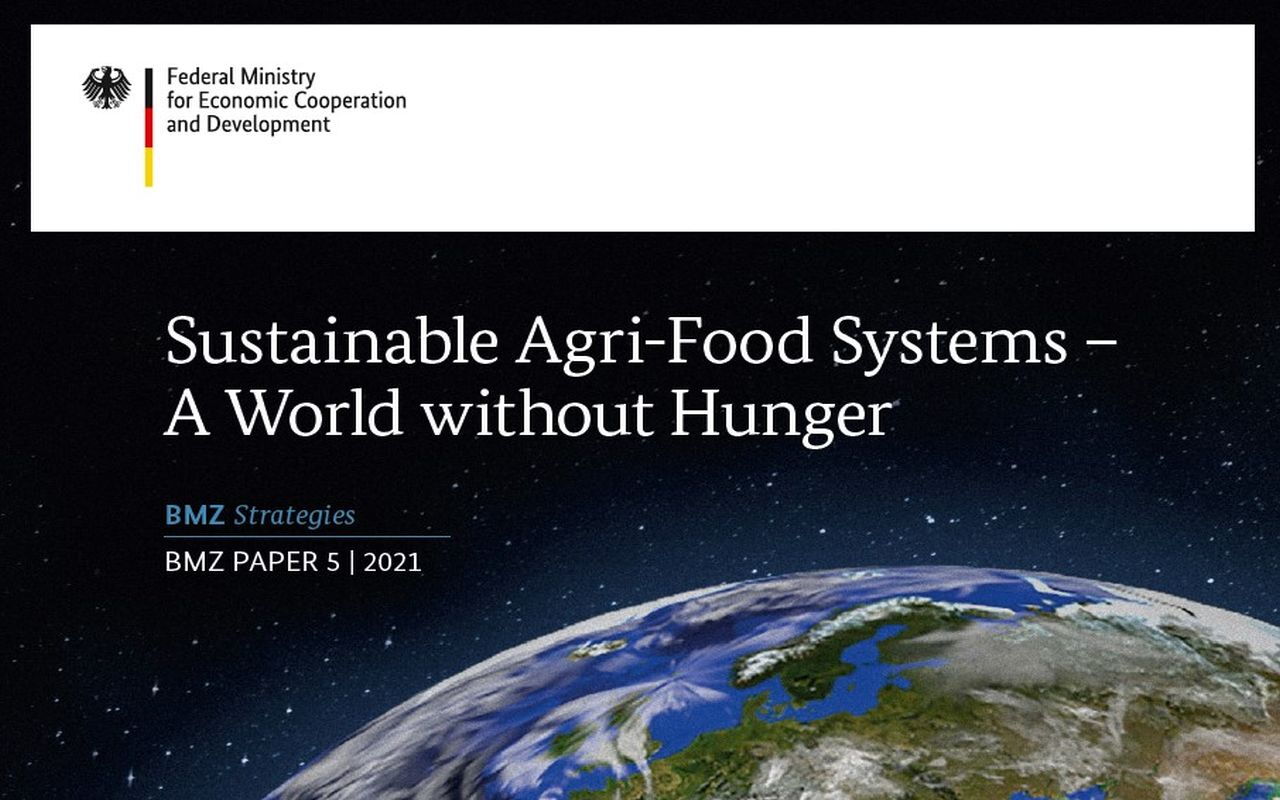
Read more Nine Harvests Left until 2030: How Will the BMZ Organise Itself in the Future?
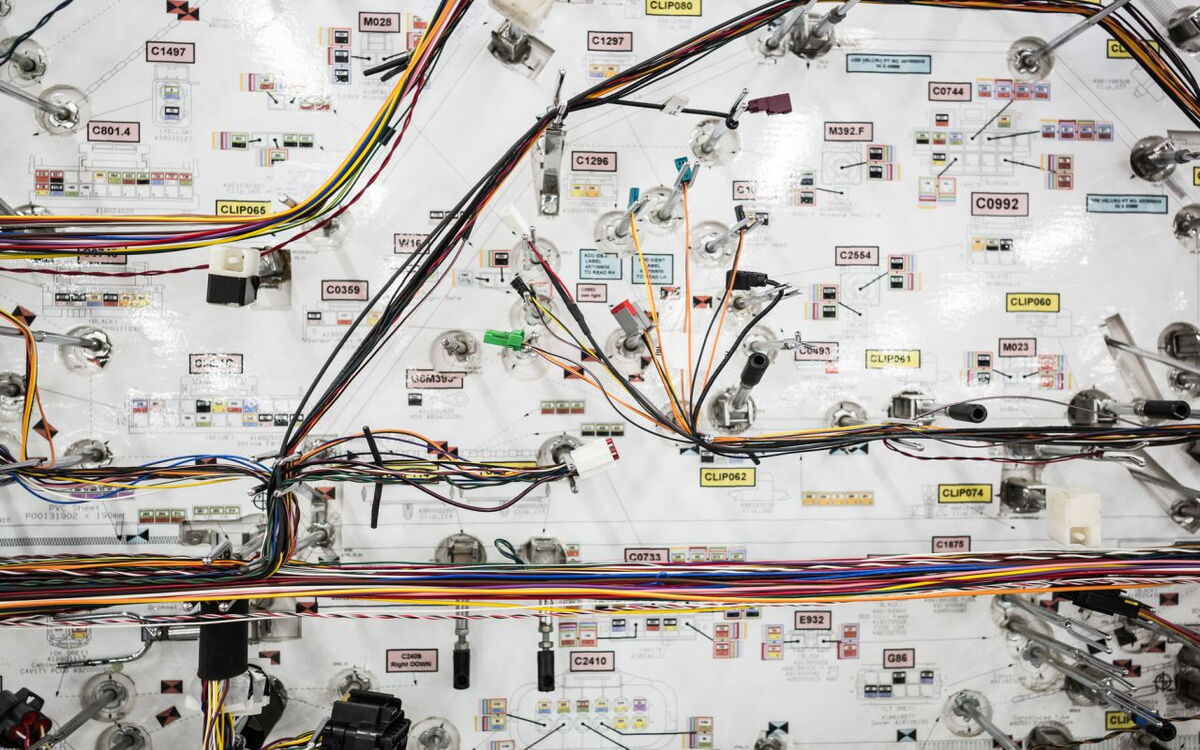
Read more The Future of Development Politics: Voices from the Parliamentary Groups

Read more New legal initiatives towards deforestation-free supply chains as a game changer

Read more Achieving more together – New forms of cooperation for sustainability in the cotton sector

Read more The Rice Sector in West Africa: A Political Challenge

Read more Do import restrictions really benefit the local poor in West Africa?

Read more Sang'alo Institute invests in farming of sunflower crop

Read more The Agri-Food Map: An interactive map to explore sustainable agri-food systems
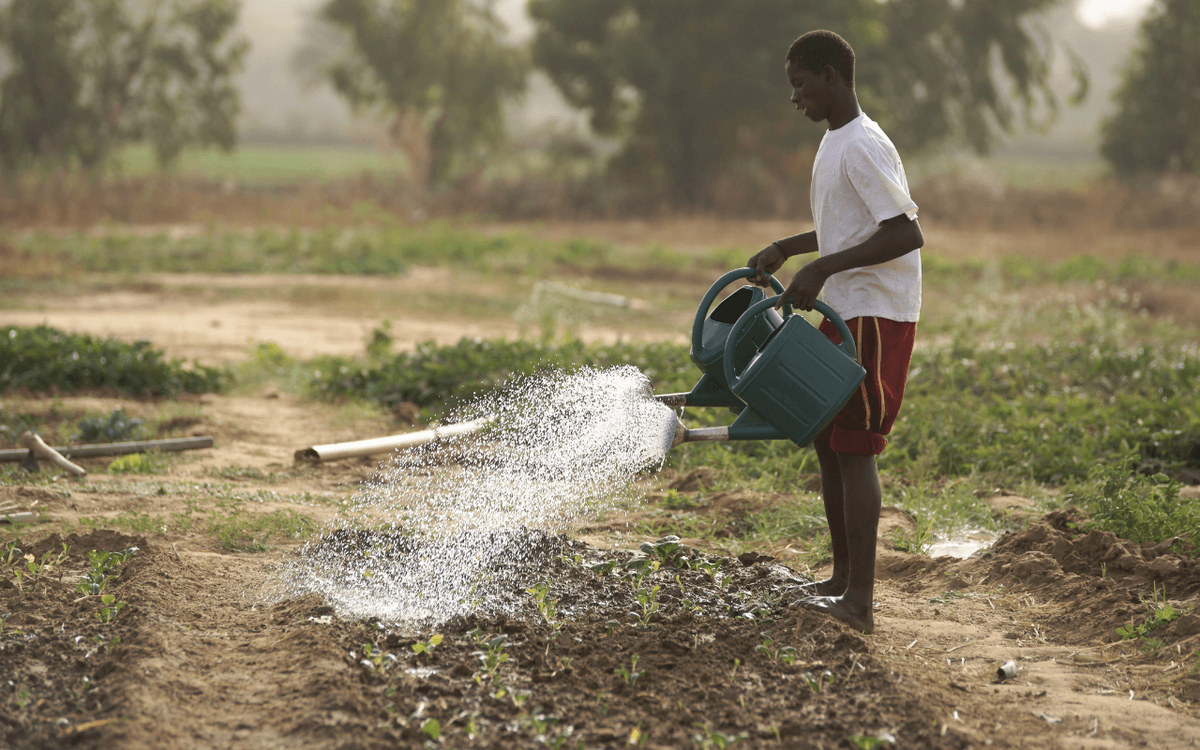
Read more Strengthening the market linkages of smallholders in the face of global supply shocks

Read more From the perennial to the catwalk – banana silk as an alternative

Read more How a Tea adds to Forest Conservation and Food Security
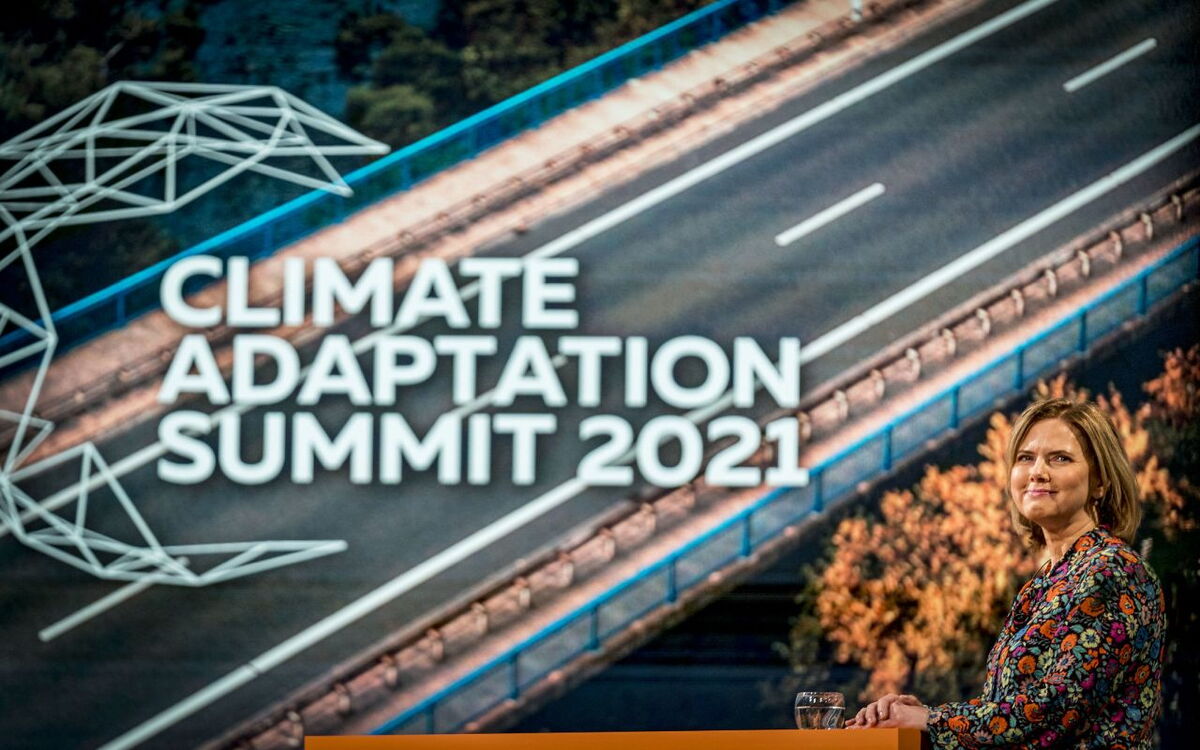
Read more Climate Adaptation Summit 2021: ‘We can do better’

Read more Mr. Samimi, what is environmental change doing to Africa?


Read more Resilient small-scale agriculture: A key in global crises

Read more One Health – What we are learning from the Corona crisis
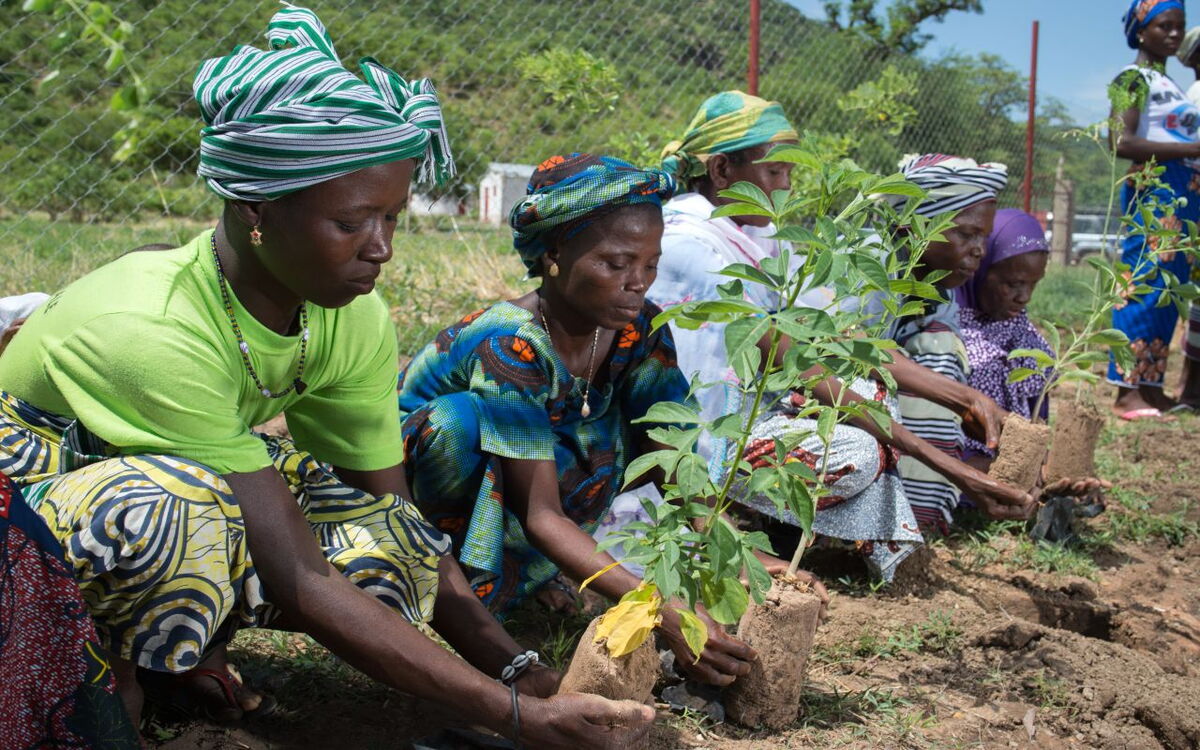
Read more Success story allotment garden: Food supply and women's empowerment

Read more Planetary Health: Recommendations for a Post-Pandemic World

Read more This is how developing countries can adapt better to droughts

Read more What do you expect from this Pre Summit, Mr. Haddad?

Read more Mr. Campari, how do we create sustainable food systems?
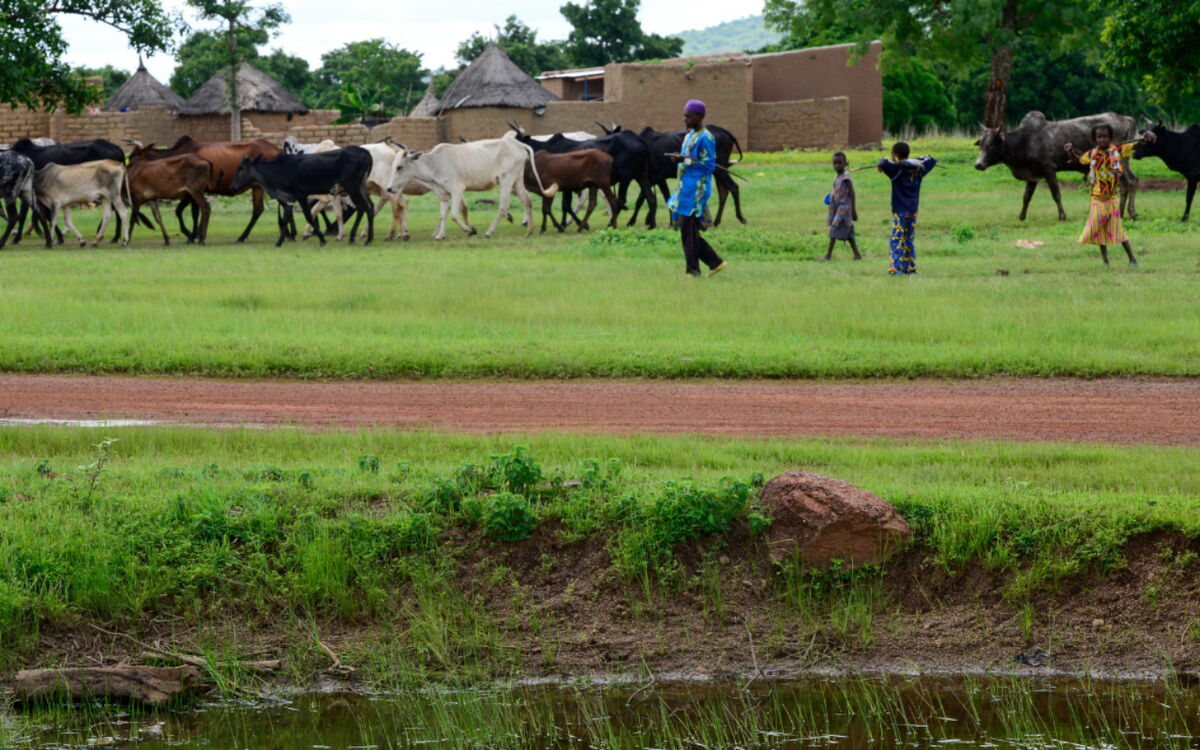
Read more Biodiversity and agriculture – rivalry or a new friendship?

Read more Food System Transformation Starts and Ends with Diversity

Read more Engaging the Community to Solve the Bushmeat Crisis

Read more ‘Preserving and restoring fertile soils is a global responsibility.’

Read more Strengthening food markets across the rural-urban continuum
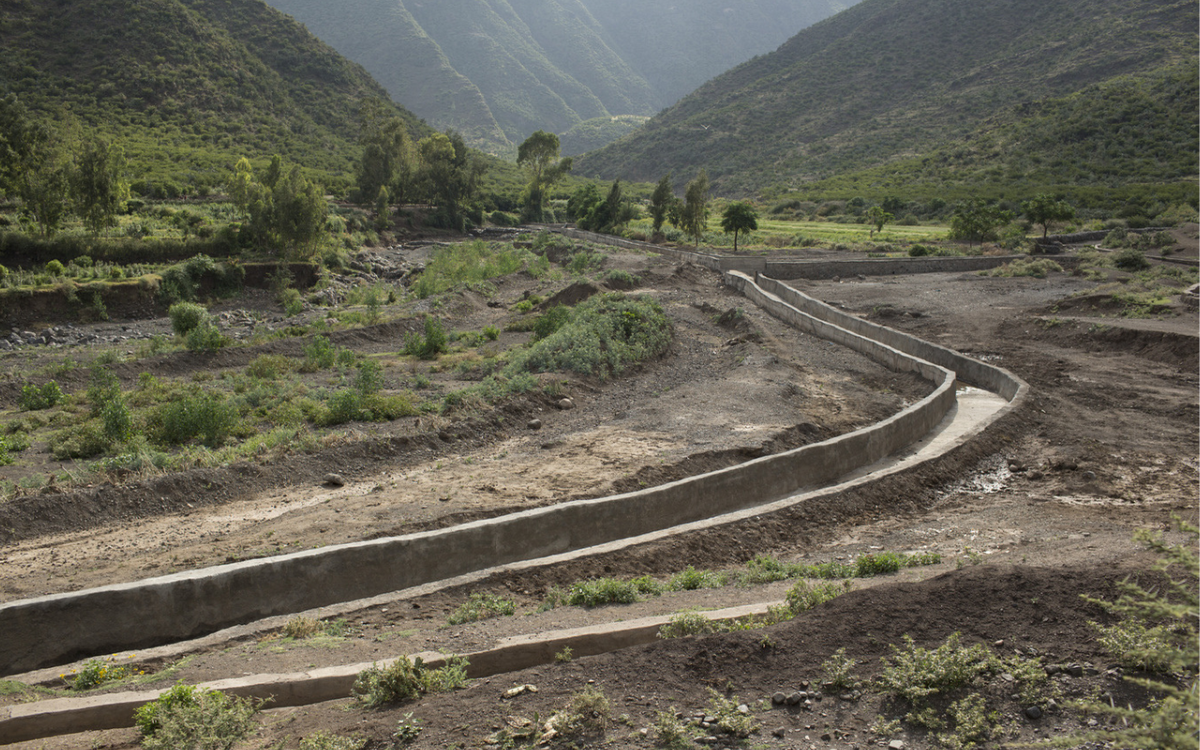
Read more The importance of water for sustainable rural development
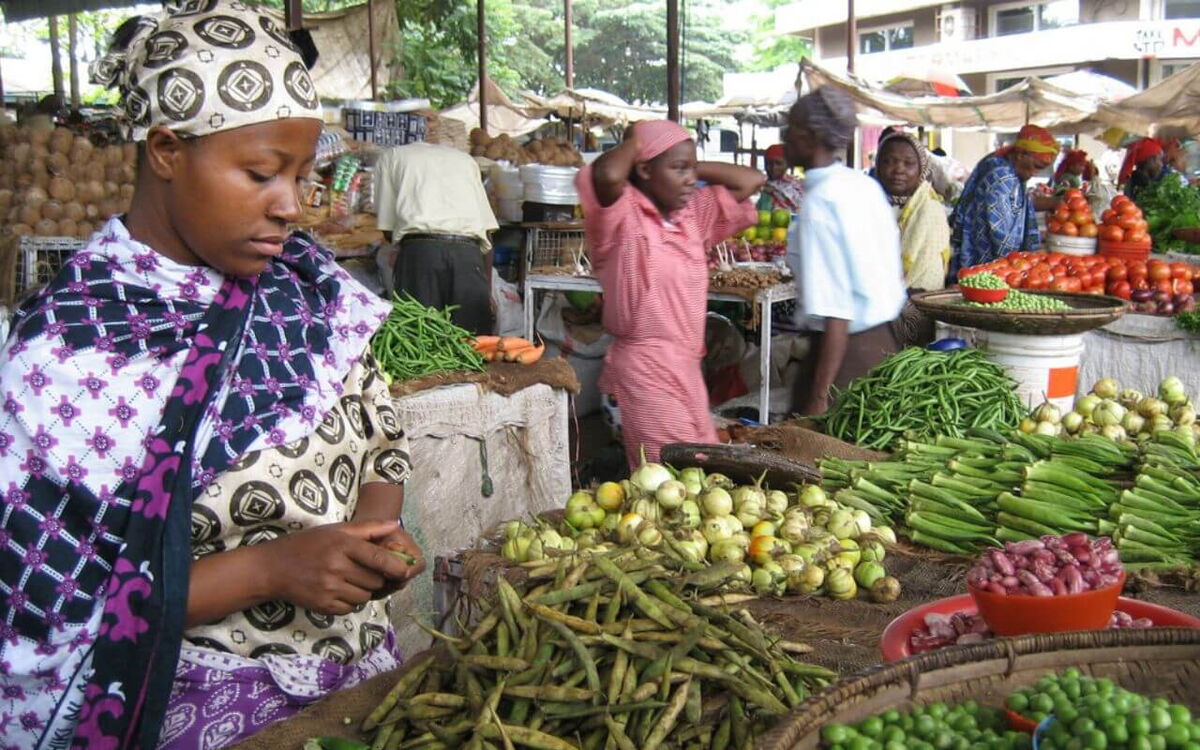
Read more From Pledges to Progress: Nutrition at the Heart of Inclusive Development
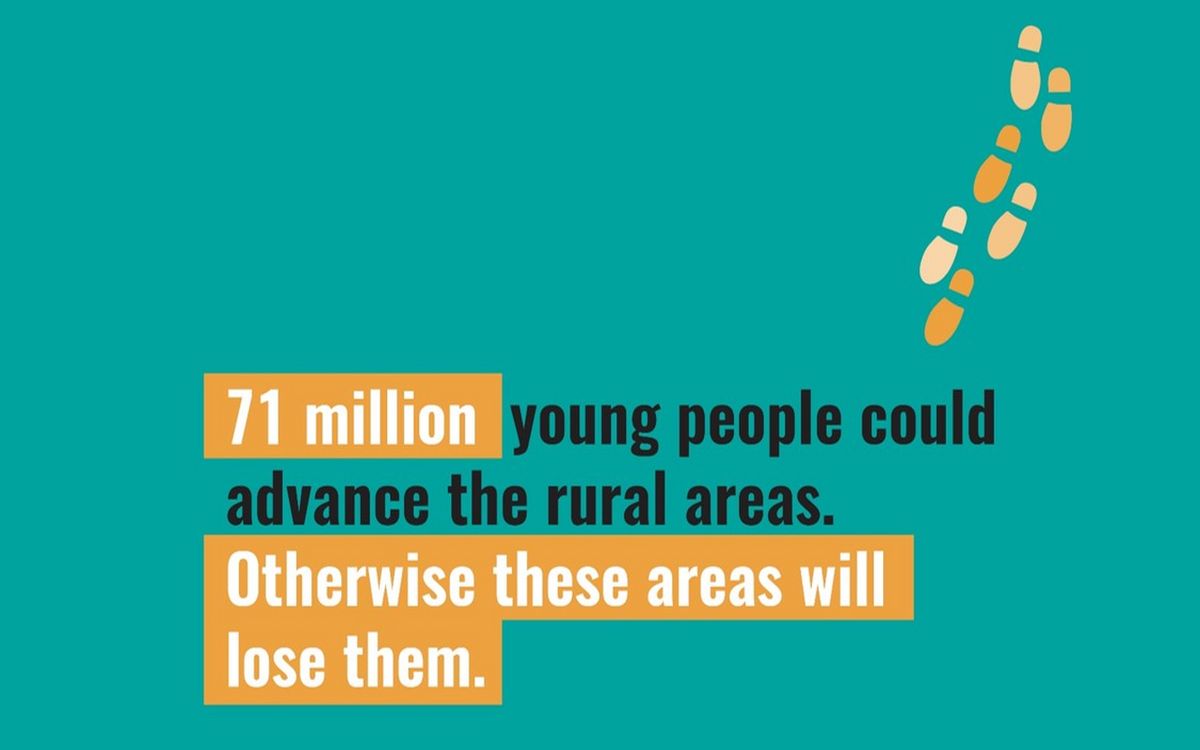
Read more Answers from the youth: "Leave or stay? That depends on it!"

Read more Youth as key actors for a transformation of agri-food systems

Read more Female Leadership: A Key Lever for Transformation?
We use cookies on our website. Some of them are essential, while others help to improve your user experience. Your consent is voluntary and can be revoked at any time on the "Privacy" page.
Protects against cross-site request forgery attacks
Saves the current PHP session.
Content from third-party providers, such as YouTube, which collect data about usage. Third-party content embedded on this website will only be displayed to you if you expressly agree to this here.
We use Matomo analytics software, which collects anonymous data about website usage and functionality to improve our website and user experience.